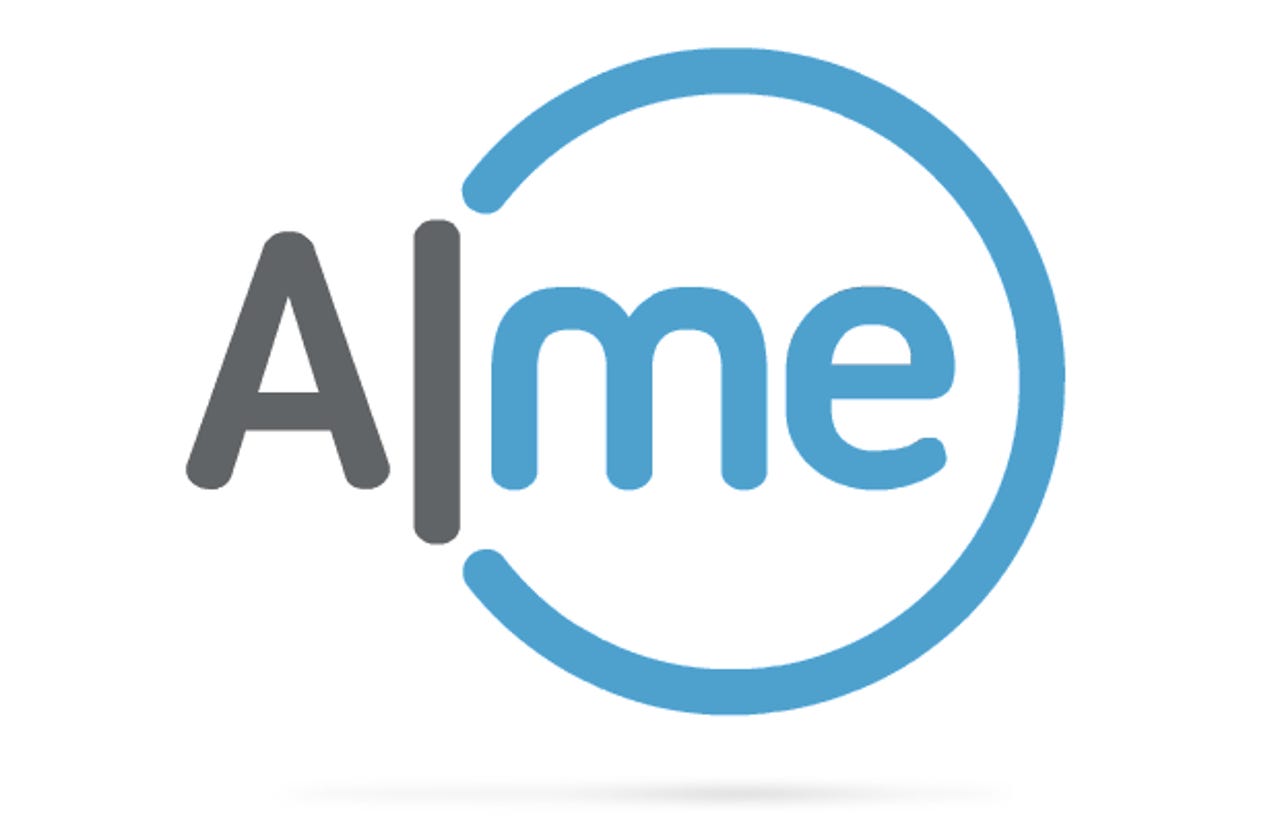With Alme assistant, Next IT dives into healthcare


Alex, Ann, Julie, Siri—there are an endless number of virtual assistants around us, asking us if we need help or telling us where the nearest pizza place might be.
Many of these digital personalities have been a novelty—or at the very least, a sort of value-add customer service tool. But there's a big business opportunity in getting the virtual assistant right, and it has little to do with your late night munchies.
Spokane, Wash-based Next IT announced today the availability of its new healthcare platform, called Alme for Healthcare. Spanning mobile, web and chat channels, Alme aims to improve (read: decrease time spent, increase satisfaction) the interactions of payers, pharmaceutical companies, healthcare providers, government organizations and ACOs with a knowledge base that's tailored to medical terminology.
Next IT's Alme is already deployed in a number of other industries, including travel and government; this is the company's first major go at the rapidly changing U.S. healthcare market. The company claims four of five customers can be handled in a timely manner by Alme, versus a traditional human-powered help desk.
"Traditional healthcare too often hands us a hassle instead of a concierge," founder and CEO Fred Brown said. "With Alme for Healthcare, providers and payers alike can give patients the excellent service they require, at scale, while still managing costs tightly."
Brown and company certainly hope so. The healthcare market is among the most demanding for service, owing to the nature of health-related interactions, which are both highly personal and highly technical. In pilot tests, the 11-year-old company says it saw a 29 percent drop in costs without any reduction in customer satisfaction.